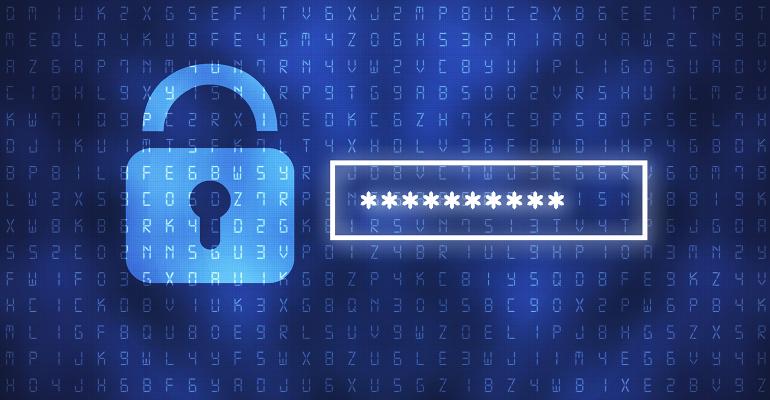Here’s something you may want to recommend to your clients to avoid scams and identify theft when filing their tax returns: Ahead of the approaching 2025 tax season, the Internal Revenue Service is encouraging taxpayers to safeguard their identity by signing up for an identity protection personal identification number (IP PIN). An IP PIN is a six-digit number that provides an added layer of security to help the IRS verify a taxpayer’s identity when filing an electronic or paper tax return. It also serves to prevent someone else from filing a tax return using a taxpayer’s Social Security number or individual taxpayer identification number.
How to Sign Up
With scams and identity theft on the rise, the simple extra step should be a no-brainer for all filers. The quickest and easiest way to obtain an IP PIN is by signing up for an IRS online account at IRS.gov and following the steps for identity verification. Once verified, taxpayers must click on the profile tab to request their IP PIN. Spouses and dependents can also obtain an IP PIN if they complete the required verification steps. IP PIN users must use this number when filing their federal tax returns for the current calendar year and any previous years filed during that same period.
The IRS urges that taxpayers sign up for an IP PIN before Nov. 23, 2024, as after this date, the IP PIN system will undergo maintenance and won’t be available again until early January 2025 (it’s unclear why the maintenance period is going to last so long, but clients who want to beef up their protection should act swiftly). For security reasons, tax planning professionals can’t get an IP PIN on behalf of clients.
For those unable to create an online account, the IRS provides alternative methods, such as in-person authentication at a Taxpayer Assistance Center.
Other Information
For security reasons, an IP PIN is valid for one calendar year only, and new IP PINs are generated at the beginning of each calendar year. Some participants will receive their IP PIN in the mail, while others will have to log into their Online Account to view their current IP PIN (again, it’s unclear why there’s a discrepancy). The IP PIN shouldn’t be shared with anyone other than the IRS or a trusted tax advisor. Taxpayers can opt out of the IP PIN program via their online account.





